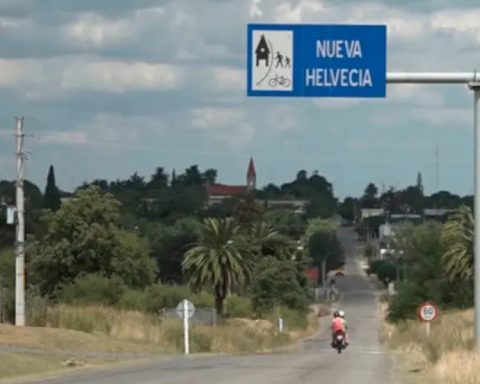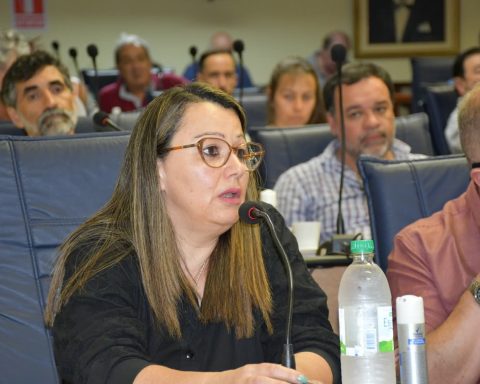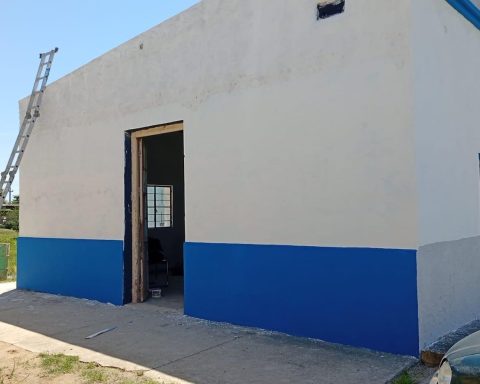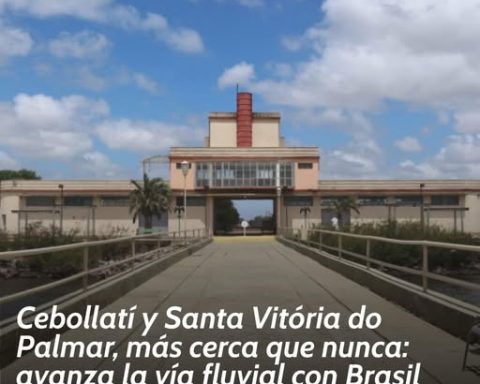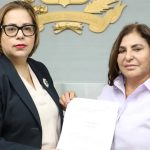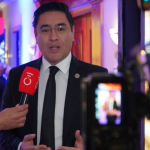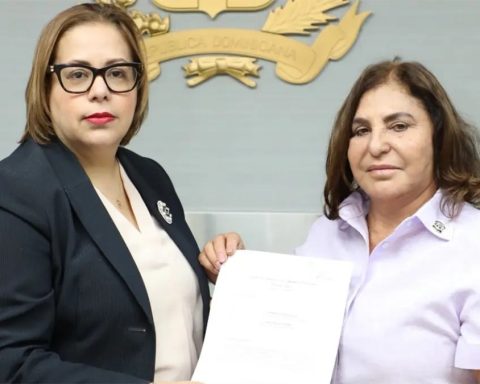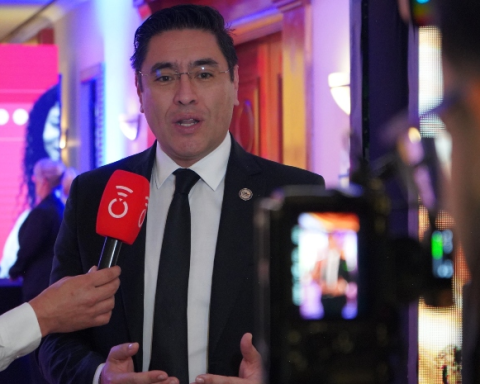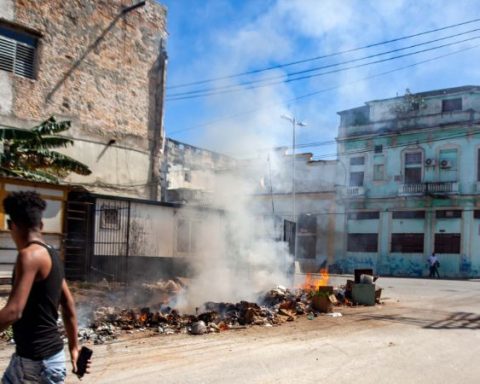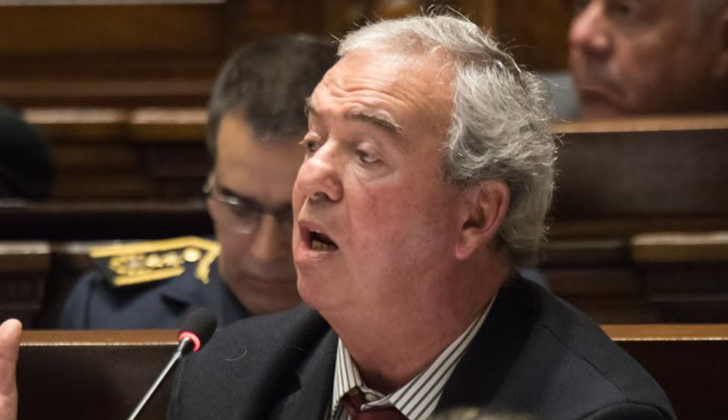
The Minister of the Interior, Luis Alberto Heber, appeared this Tuesday in front of the Chamber of Deputies after being summoned by the Broad Front to talk about the growing insecurity and homicides in Uruguay. “We are going to present what the situation is, because many times we have to know what discourse we are left with. Let me explain, in 2020 and in part of 2021 our dear friend Jorge Larrañaga had been pointing out situations of loss of all crimes and on that occasion the opposition relativized saying that it was a product of the pandemic ”, Heber began by saying in his speech.
«We said on several occasions in the Senate committees, as in the multiple calls to the Senate or Deputies, that we did not know how much it could have had an impact. Of course it had an impact, we don’t know how much. What we were saying was that the actions of the police could not be minimized… how can it be that unless there are fewer crimes (let’s assume that it was due to the covid, we don’t know how much) (…) but in those years we had the best records of professionalism of the police that made the number of formalized and sentenced grow,” added Heber, who is also a long-standing militant of the National Party.
Regarding the homicides, he spoke of a “new strategy” that his portfolio is carrying out and that intersects with the fight against drug trafficking. “I have to start saying, and I want it to be recorded, that there is a new strategy here (…) on the fight against drug trafficking, which is the origin of many of the homicides in our country. What do we change? Until now, professionally, no one in the ministry understands why in 2013 the Mujica government dismantled the anti-drug brigades of Montevideo and Canelones. I have asked what was the reason, in the rest of the country they were maintained, but where there was a frontal fight and growth of drugs, they had dismantled from drugs. And that responsibility was held by the national brigade, ”he continued.
The Broad Front has another perspective: “We don’t know in which neighborhood the wallets returned”
The deputy of the Broad Front (FA), Sebastián Valdomir, was one of those questioning Heber, and from that political force they see another reality different from Heber’s. “The data for 2022 did not agree with the minister. We are not going to celebrate deaths, see who has the most violent deaths, because insecurity affects the entire population, regardless of political colors,” Valdomir explained.
“The fact that this Ministry of the Interior is the one with the highest annual homicide average in all of history, shows that reality exceeded any planning,” he stressed, adding that there is a “permanent inconsistency” in Heber’s narrative.
“In January of this year, when the data for 2022 was released, he had to admit that homicides had increased by 25% compared to 2021,” Valdomir specified, and questioned whether a strategy had been presented and he had been forced to rectify. “He assured (Heber) that thanks to his management, the portfolios had returned. We do not know in which department or in which neighborhood the wallets returned, because in many territories of our country, thefts, robberies and homicides increased evenly in 2022. It is very difficult to maintain that security is better than before, ”he released.
“We think that the minister is worn out. A press version that came out a few weeks ago confirms that the minister would have to step aside (…) the balance of this management is very bad, to such an extent that he is the worst evaluated minister of the entire cabinet (… ) has turned public safety into a matter of concern for Uruguayans above water, wages, and unemployment,” the Frente Amplista deputy expressed.
And he added: “In January of this year the minister announced in a program that he had another plan to prevent homicides. It consisted of hiring ex-delinquents to talk with hitmen and drug traffickers and through dialogue avoid revenge, homicides and settling scores. The director of the Police at the time had to come out to correct that version and explain that the president himself did not know if this measure would have a massive effect.
“Then it was said that this program would be in charge of Mides and then an NGO would be hired for which there would be resources from the Inter-American Development Bank (IDB), of about two million dollars to implement this plan to interrupt violence in the territories,” he continued.
